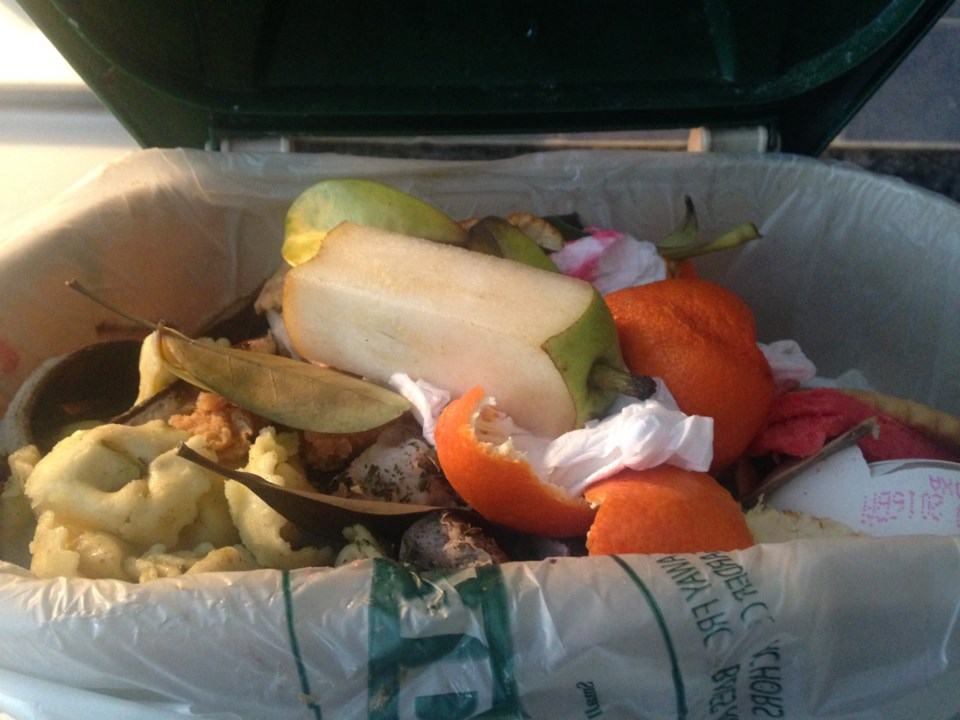NEWS RELEASE
CITY OF GUELPH
********************
Nationally, $31 billion in useful food ends up in landfills every year. This food waste has an environmental impact approximately equal to the emissions of two million cars on the road, according to social entrepreneur chef Jagger Gordon, founder of Feed it Forward. About half of this waste happens in homes, the equivalent of $25 to $30 per week per household, and could support people who are not food secure. Our convenience lifestyles and lack of understanding about food waste are key reasons for this waste, notes University of Guelph associate professor Dr. Kate Parizeau.
These are just a few of the compelling statistics that experts, entrepreneurs, innovators and community champions from the agriculture, food and government sectors in the city of Guelph and Wellington County heard Friday during a far-reaching planning session to address critical food challenges being tackled in Guelph-Wellington’s Smart Cities Challenge bid. The local proposal to become Canada’s first circular food economy is already a finalist for a $10-million prize to implement the strategy.
The Smart Cities Challenge is a project of Infrastructure Canada, awarding cash prizes in various categories for communities to advance an idea to solve social problems through innovation, data and connected technology.
“Together, we share a vision to be the food community of the future. By exploring our relationship with food, we can produce better social, economic and environmental outcomes for everyone,” said Derrick Thomson, City of Guelph chief administrative officer, as he welcomed 60 stakeholders from across the city and county to kick off the five-hour workshop.
The initial work of the group resulted in Guelph-Wellington becoming one of 10 finalists in a category of 130 applications. As a finalist, the project has been granted $250,000 to build out its ideas and finalize the proposal for the larger prize.
Guest speakers kicked off the day, and created a compelling case for the work. In addition to Gordon and Parizeau, they included Emma Chow, project manager of Cities and Circular Economy for Food with the Ellen MacArthur Foundation in London, England.
“Our food economy is linear: we take, make, then dispose. There is waste at each of these stages in the linear flow. This model cannot be functional long-term. Instead, we need to be regenerative and restorative by design,” said Chow. “This can be accomplished with three principals: design out waste and pollution in our processing and packaging; keep products and materials at their highest value possible for as long as possible so there is as little waste as possible; and, to regenerate natural systems that will continue producing the food we need.”
The circular economy concept is at the heart of the Smart Cities proposal. Throughout the afternoon in several working groups, experts discussed the critical issues and requirements to fulfil three goals, themed '50x50x50 by 2025': Increase access to affordable, nutritious food by 50 per cent; create 50 new circular businesses and collaborations; and Increase circular economic revenues by 50 per cent by recognizing the value of waste in the food system.
Over the next several months, project leaders will continue to build out the strategy, and will implement nine projects to support the goals.
The final application for the Smart Cities Challenge is expected to be submitted in late 2018 or early 2019.
********************
